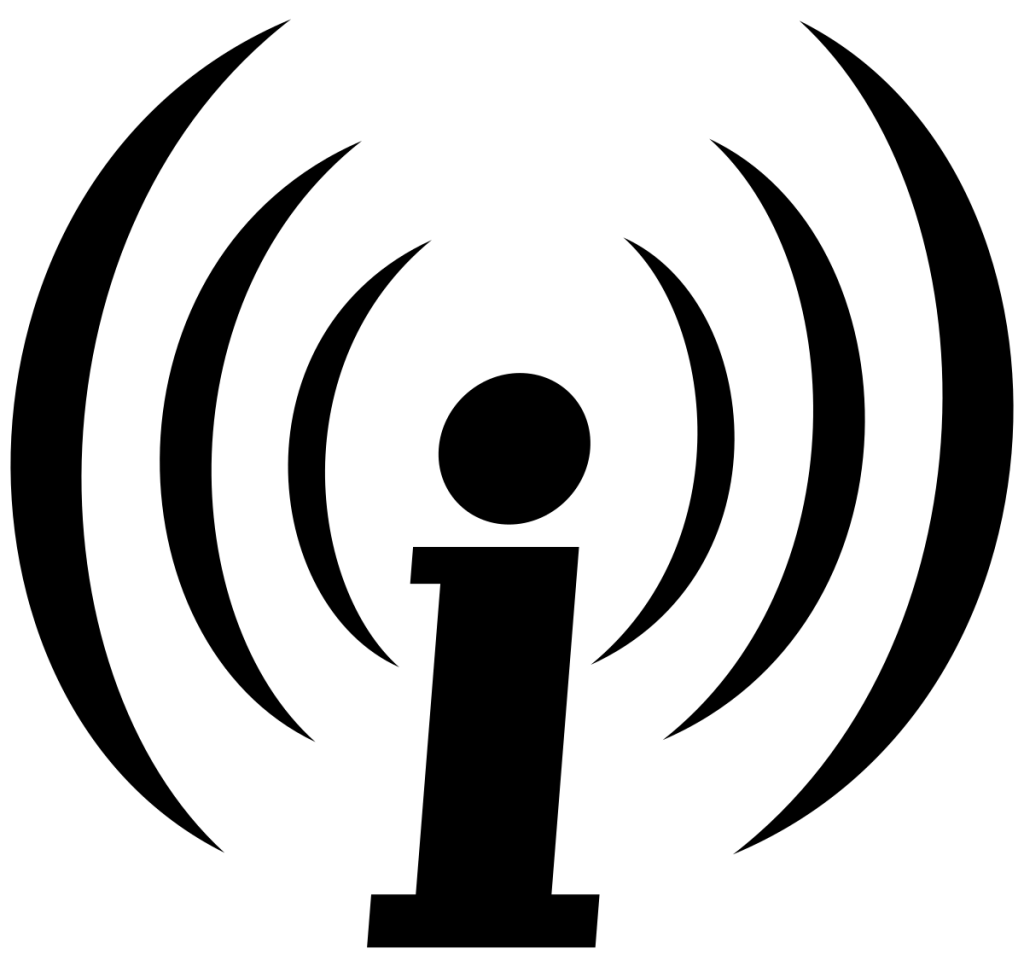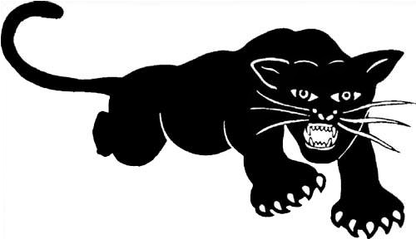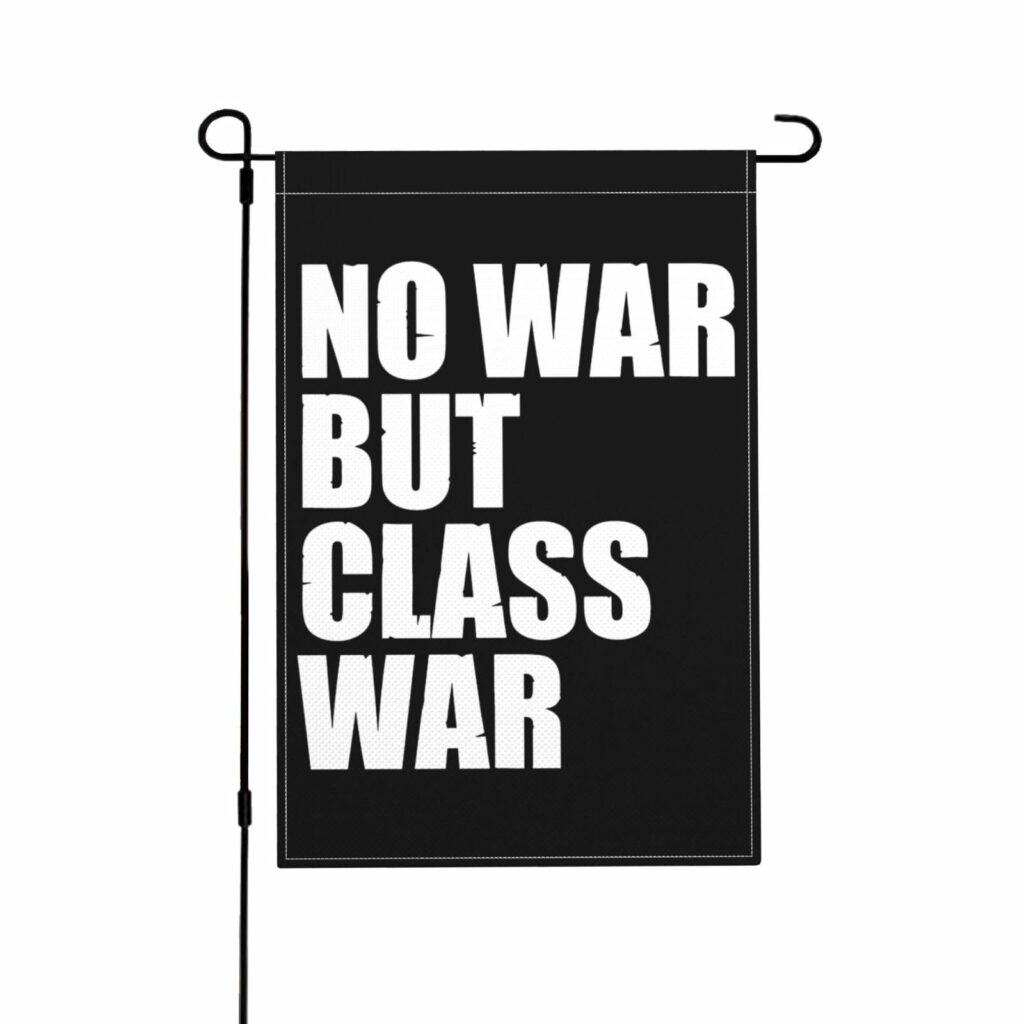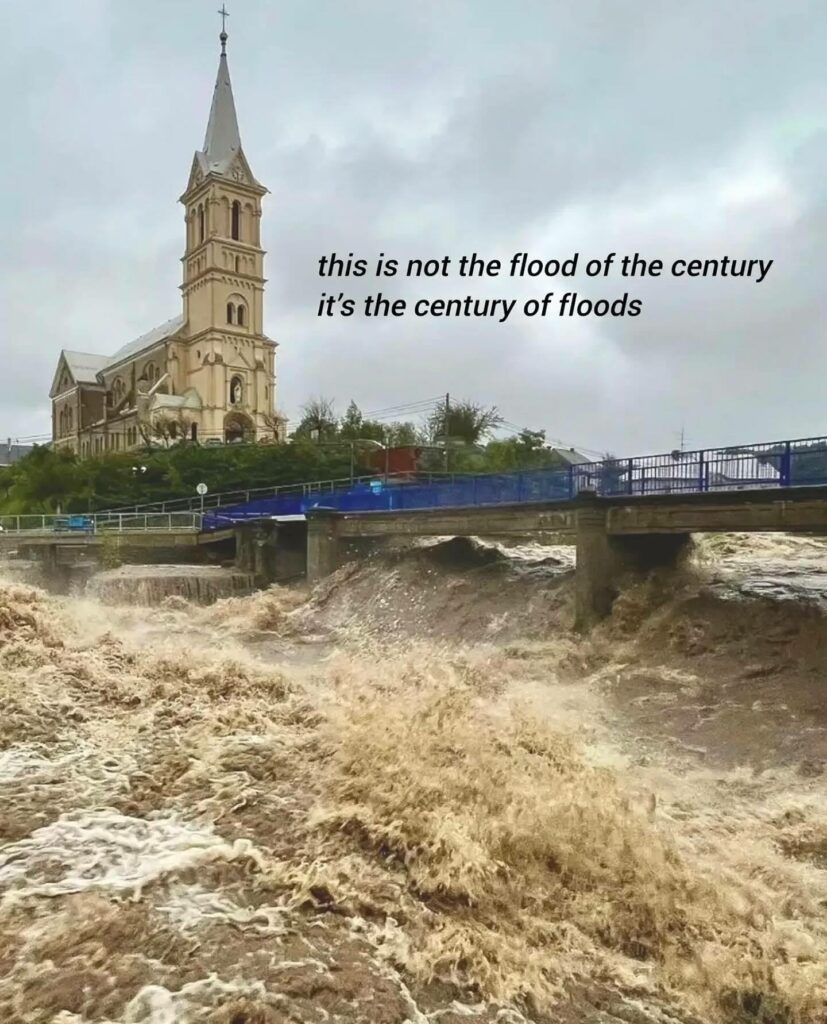
Over the last ten years, we’ve all been spending more and more time on #YouTube. And maybe you’ve noticed something strange: many of the channels you once thought of as independent are no longer independent at all. They’ve been quietly bought up by private equity firms with billions in backing from SoftBank, Amazon, Disney, Goldman Sachs, Blackstone – the usual #mainstreaming priests of the #deathcult.
Channels like Task & Purpose, Vice, Veritasium, Donut Media, Simple History, Economics Explained, The Drive, and History Hit are already part of the buyout wave. Some of the biggest names in our worship of “creator culture” – CocoMelon, Colin and Samir, The Theorists, Dude Perfect – too. And that’s just the ones who admitted it. There’s no law requiring disclosure.
Capitalism has a logic, that creators are commodities. “Independent” YouTubers once worked on tiny budgets – a camera, editing software, a couple of friends – to reach millions. They were messy, risky, sometimes radical. Capital sees something else: predictable cashflow, brand expansion, safe investment. But these operations are fragile. They depend on one platform (#YouTube), one personality, and an algorithm that can erase a career overnight. Normally, this risk would scare off capitalists. But with $12 trillion sloshing around private equity in the US alone, they’ve run out of businesses to buy. YouTube channels are the new frontier.
This is how grasping control kills creativity, when capitalism takes over, the overhead explodes. Analysts, strategists, managers, lawyers all need their cut. That means: more ads, more sponsorships, more merch, safer, algorithm-friendly content, the same formula cloned across every channel in the for profit portfolio. This “roll-up” logic flattens everything into old-school TV. Risk disappears, the spark that made YouTube compelling at first is smothered by business strategy. We’re already seeing it with channels like Veritasium, slowly shifting away from Derek Muller to reduce “keyman risk.” Once a personality becomes a liability, the accountants start grooming replacements.
Old school #traditionalmedia tried to counter te first wave of #dotcons social media by throwing money at “new media” outfits like Vice, Buzzfeed, Mashable, and Vox. They burned cash, collapsed, and left nothing but layoffs. The new approach is simpler: don’t build, just buy. Disney doesn’t need to grow the next Vice; it just needs to buy a handful of YouTube channels and tell shareholders it’s “ready for the future.”
The same #deathcult logic applies to this, appease shareholders first, audiences last. The cost is paid by viewers, the result for us – #dotcons friendly content becomes blander and safer, sponsorships dominate, but direct support (merch, memberships) dries up, because who wants to fund faceless #nastyfew agendas? “Creators” burn out, and vanish, replaced by interchangeable hosts or locked down with non-compete contracts. It’s the industrialisation of #fashionista “independent culture”.
There is a history to this, and #openweb parallels, we’ve seen this story before, in the 90s, independent radio stations were bought out by Clear Channel, homogenising the airwaves. In the 2000s, blogs were enclosed by Facebook, Google, and Twitter, killing off messy but vibrant grassroots media. Even movements like Occupy or Extinction Rebellion felt the same pressures: a burst of openness and creativity, followed by co-option, #NGO capture, and fragmentation under managed dissent. The lesson is always the same: once capital steps in, the mess is tidied away, and any possibility of change and challenge dies.
I have seen this on the #dotcons platforms we use as backups and hook for the #openweb native projects, our visionontv YouTube loses a video or two every month to not advertising friendly, copyright strike for clear fair use etc.
The #OMN Lesson, YouTube is repeating the same pattern we’ve seen across the #closedweb: a few years of openness and experimentation, followed by enclosure, consolidation, and financialisation. Capitalism cannot tolerate risk, it cannot tolerate diversity, it needs control, predictability, and growth at all costs. And that is the death of any real grassroots media.
The #OMN path is the opposite. We need federated, messy, trust-based networks where media is not just another asset class. Media must be inherently open – created, shared, and remixed under the #4opens. If we don’t build and defend this, the future of online culture is already sold out.





